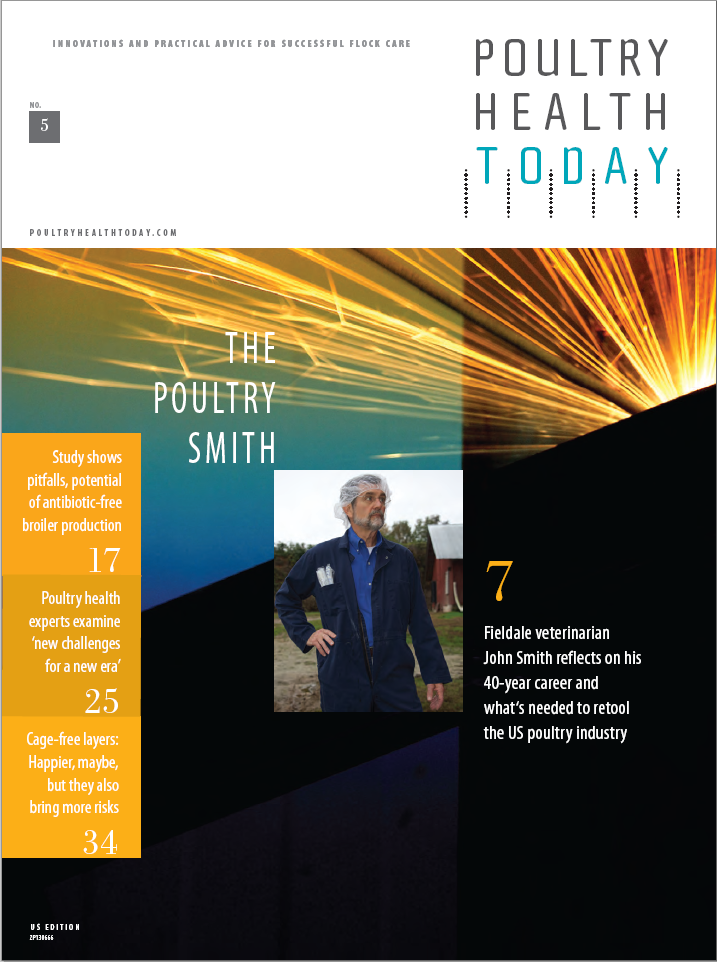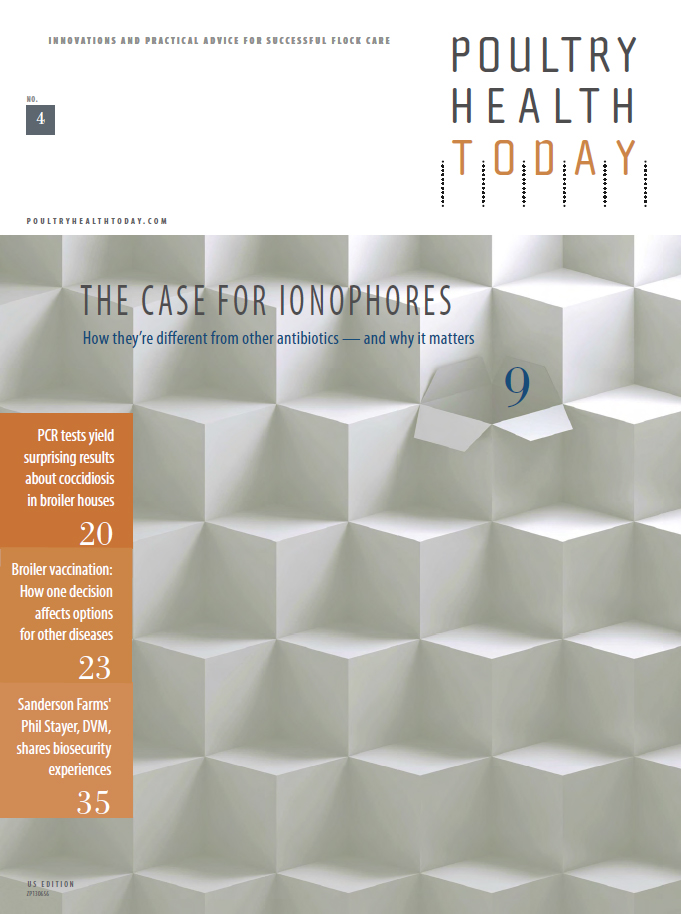

Keys To Successful ABF Production

Panelists offered these suggestions for successful ABF production:
- Pay careful attention to flock management. Lowering bird density and ensuring good access to food and water are especially important the first 7 to 10 days of life.
- Start with clean litter and control litter moisture to minimize coccidiosis pressure; make sure ventilation is adequate.
- Feed a coarse diet with high-quality ingredients and not too much protein; make sure to avoid mycotoxins.
- Warm birds to slow down feed consumption, which can help reduce necrotic enteritis (NE).
- Beware of unproven feed additives. there is no “silver bullet” product that will prevent NE, although enzymes that increase the digestibility of starches can be beneficial for abf flocks on an all-vegetable diet.
- Inspect hatchery equipment to make sure all chicks are vaccinated effectively. try to use coccidiosis vaccines well before their expiration date.
- Preserve efficacy of synthetic anticoccidials by using them sparingly; never rotate to a synthetic that’s in the same class as the one you were using.
- Stay flexible. if birds in ABF programs start experiencing NE problems, it may be necessary to move the operation to another location.
- Have a back-up plan. if ABF birds get sick, it may be necessary to switch them to conventional production so they can be treated effectively with antibiotics.
More Issues












